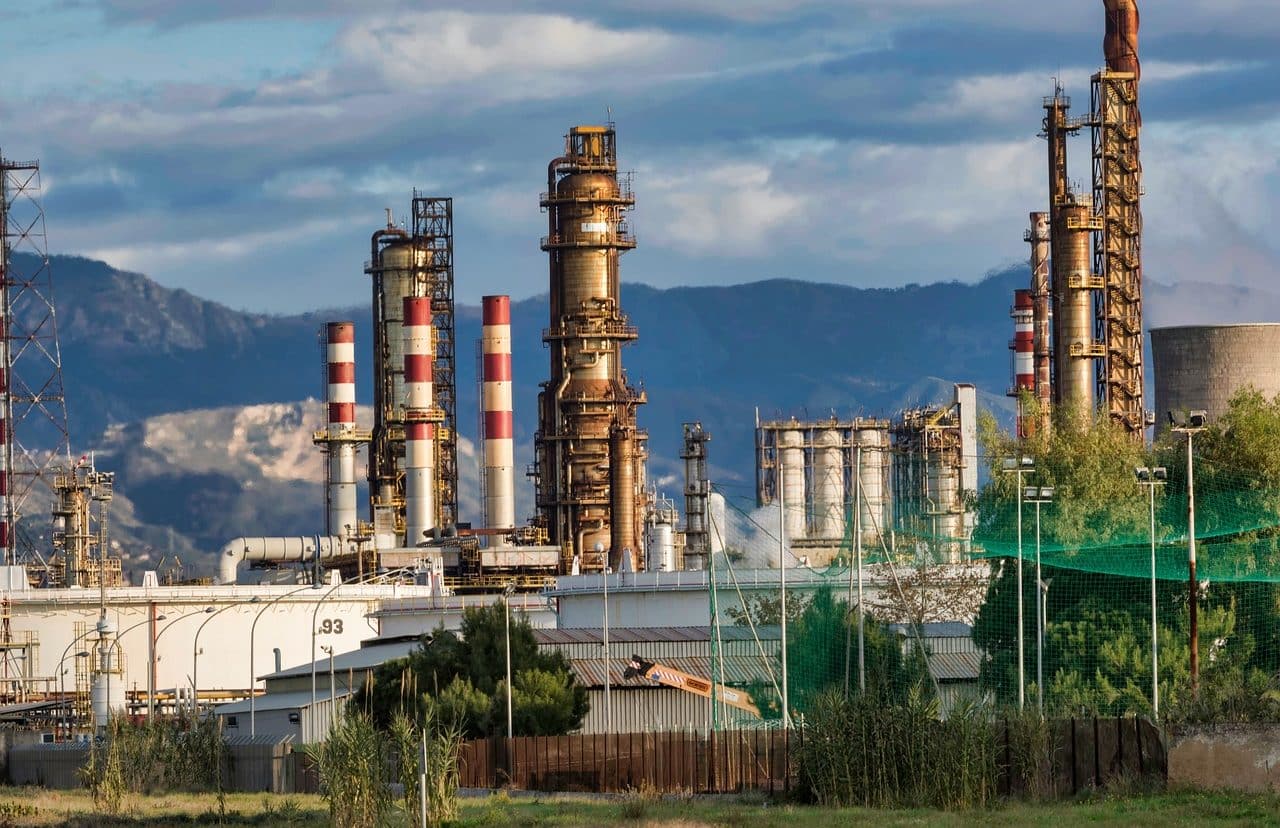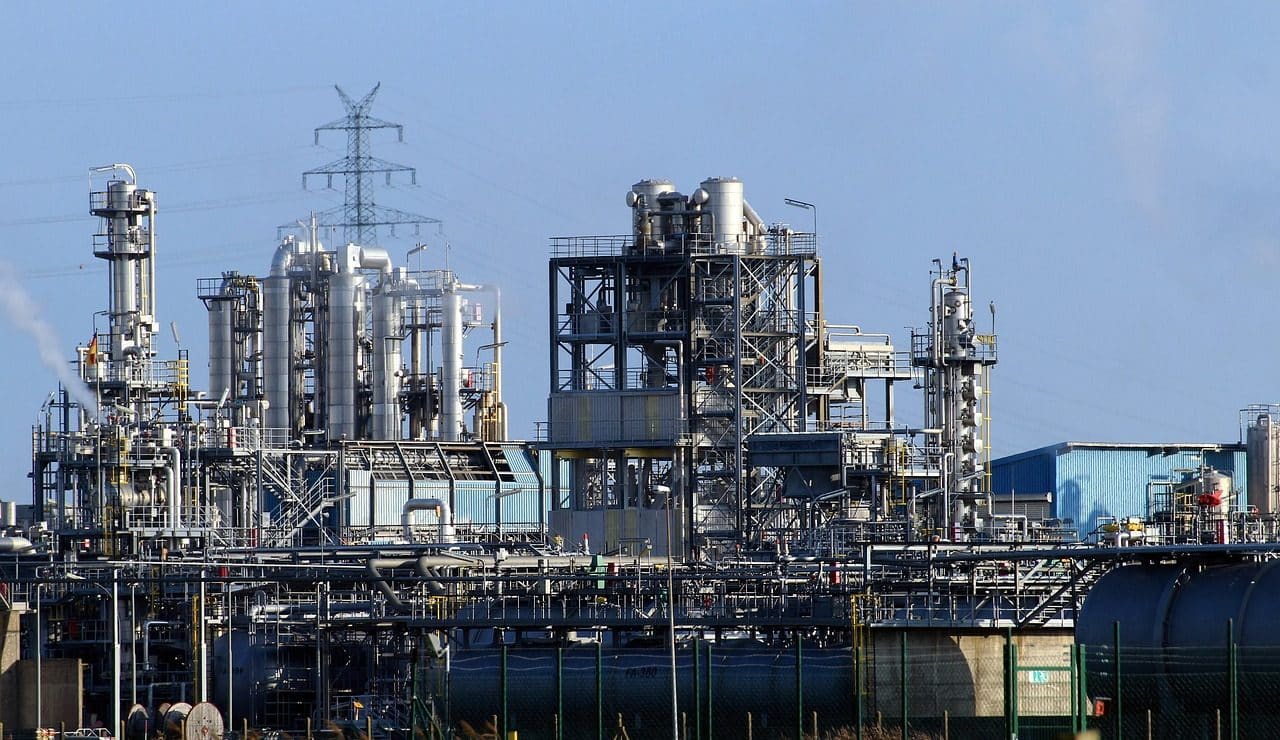
A refinery is an industrial plant where the refining of a substance takes place.
A refinery is an industrial plant dedicated to the refining of some substance. Refining , on the other hand, is the action carried out to ensure that something is purified or becomes finer , leaving aside residues and separating certain particles.
Typically, the concept refers to an oil refinery . The refining process of this substance includes various treatments to convert crude oil into different products that can be marketed, such as fuels and oils.
Among the most common products obtained from the crude oil refining process are diesel oil, gasoline, lubricants, liquefied gases, fuel oils or kerosene.
Processes carried out in a refinery
In a refinery, four main types of processes are carried out:
- Conversion , which consists of carrying out the transformation of the so-called intermediate products in order to achieve a higher quality result; That is, they have much more optimal characteristics. In turn, this process can be of various kinds: cracking, alkylation, coking...
- Separation by distillation , which involves separating the different components that the crude oil has using heat.
- Blending . This process is also called mixing , since it precisely consists of mixing various intermediate products to achieve specific final results.
- Purification , which is used in cases where the objective is to transform or eliminate certain components that give shape to the crude oil.
These refineries have different characteristics according to the processes carried out and the products obtained. Crude oil , for example, can have different levels of sulfur , something that requires varied treatments according to each case.
Atmospheric distillation , catalytic reforming , hydrodesulfurization , and catalytic cracking of crude oil, among many other processes , can be performed in a refinery. This means that the facilities of the different refineries are quite different from each other.

The operation of an oil refinery carries environmental risks.
Environmental questions
Despite the economic importance of refineries, their installation and operation are often questioned by environmental groups . These industrial plants, to a greater or lesser extent, generate polluting emissions, are noisy, emit unpleasant odors and require the discharge of effluents. For all this, refineries must be strictly controlled by the State to prevent their activity from generating irreparable damage to the planet and, by extension, affecting the quality of life of millions of people. It is estimated that there are six hundred oil refineries around the world.
In addition to all of the above, we cannot ignore the fact that in oil refineries, given the dangerous nature of the material they work with, it is necessary that they be equipped with the greatest safety measures . Specifically, these include personal protective equipment for each and every one of the workers, continued training in risk prevention for employees, wireless motion sensors, personnel tracking or temperature and air pressure monitoring systems. , flow levels…
